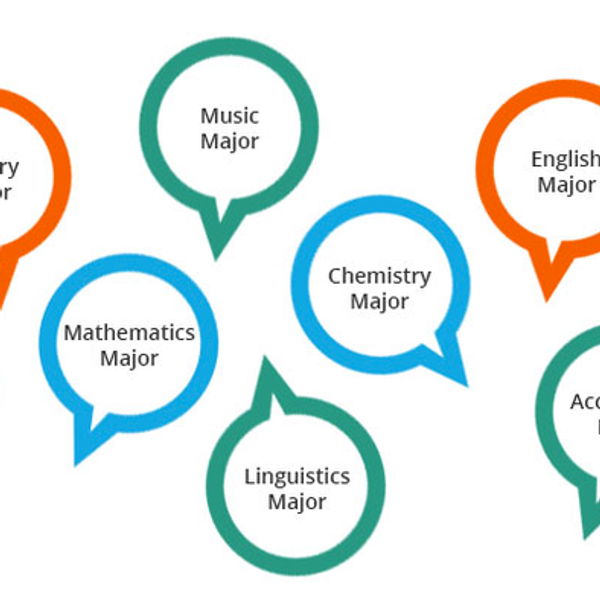In kindergarten, I swore to my mom I wanted to be a teacher. I wanted to teach math and English all the time in class.
In second grade, I wanted to be a fantasy writer. I wrote my own books with the intent of sending them off to publishing companies and becoming one of the youngest female Asian American writers in history. Well, Nancy Yi Fan came along in 2007 and published Swordbird, so that was the end of that.
And since then, I’ve wanted to be every profession across the board from diplomat to chemist, to archaeologist to business and finally, chemical engineer.
I thought I was quite set on being a chemical engineer, as well; I knew other chemical engineers in the field and had some exposure to a slice of the multifarious opportunities the profession offered. I thought college would be great, and I’d become an awesome chemical engineer in no time.
Well, that thinking, to say the least, was the problem. The gravitas of settling on a profession, on what your central concentration of study will be for the next three years of your life, has never felt as prevalent as it does now. I’ll bet that in just a year of college, I’ve contemplated more paths to take than I’ve done so in my whole life. It doesn’t help when you think you’re extremely interested in Eastern Asian studies, but you’re simultaneously thinking about marketable skills in the long run.
That, too, is a problem. My friends and I always talk about this issue, that of being interested in so many things yet feeling limited by the finite energy that one can only possess. At Princeton, particularly speaking from experience, students come in with hopes of double majoring, triple minoring and doing all sorts of illustrious things in different fields. After experiencing Princeton, however, one realizes how difficult that can be – with theses, independent projects and culminating papers that seem to eventually prove your legitimacy in an area of study – and is ultimately discouraged by these factors. It seems like an all for one or nothing at all, and that’s hard.
Yet, this was when a few guiding upperclassmen of mine helped me more than they think they did. Yeah, sure, people tell you to just pursue what you want and worry about jobs after you’ve gotten the diploma, but in some cases, you have to consider more than just that. At Princeton, doing more than one major probably means more than one thesis, and getting a certificate (aka minoring) means essentially writing shorter theses and conducting projects for each area (unless you can work them into your thesis). So, as a person with seemingly antithetical interests, I couldn’t find a way to reconcile the two in my future. “Just take the classes,” some said. But what about everything else? What about the certificate? What if I don’t want to write a bunch of papers?
You know how sometimes someone can tell you to do something, but you’re simply left unconvinced. Then, another person comes along and words it a different way, and suddenly, it all makes sense to you. Similarly for me, once they said I shouldn’t be taking these classes I was already interested in only with the intent of receiving a certificate, something clicked in my head. All of a sudden, I really questioned why I was so worried about having to incorporate Eastern Asian topics into my potential thesis, or why I was stressing about potentially having to write another paper just to get the degree. I realized I didn’t really care whether I got the degree or not; I was, first and foremost, intensely interested in the classes. I shouldn’t be setting my future in stone yet when I’ve got more time here. Ultimately, if I am able to get the certificate, I’ll take it and try to incorporate it or find a way around it, and if not, that’s not the end of the world because I will still own the knowledge.
So, to those of us questioning our potential majors or having a hard time deciding, perhaps we should consider not "straight-lacing" our education, so we can get out quickly. Perhaps, we can attempt to embrace the meandering path we make for ourselves, a path we can take. Fear is natural, but we’re all on the same boat, so let’s go for a ride. I’ll sure give it a try.





















